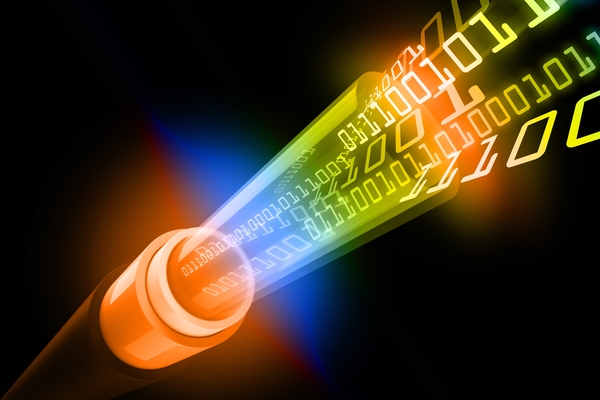Lectures:
1. Measurement goals, measurement phases, general structure of the measurement chain, hardware platforms of modern measuring systems.
2. Complete measurement result, measurement errors, law of error propagation, elimination of measurement errors.
3. Statistical analysis of measurement errors, measurement uncertainty, measurement uncertainty for direct and indirect measurement methods.
4. Measurement of digitally modulated signals. Instruments for these measurements, methodology of their use.
5. Measurement of basic electrical quantities and devices for their measurement.
6. Measurement of voltage, power and levels in communication systems. Voltage, power and level meters. Methodology of their use.
7. Measuring systems based on virtual instrumentation - basics of development environment.
8 Oscilloscopic measurements and spectral analysis of signals using virtual instrumentation.
9. Sources of stimulation signals for measurement in information and communication technologies. Signal and function generators, frequency synthesizers. Methodology of their use.
10. Measurement of time courses in information and communication systems. Digital oscilloscopes. Methodology of their use.
11. Spectrum measurement in information and communication systems. Frequency analyzers. Methodology of their use.
12. Digital modulation and basic views of the signal in digitally modulated systems. Measuring instruments designed for this area.
13. Vector signal generators and analyzers. Methodology of their use.
Labs:
1. Methodology of creating a measurement protocol. Safety and basics of work with analog and digital measuring instruments.
2. Complete measurement result, measurement errors.
3. Calculation of measurement uncertainty and its expression in the complete measurement result.
5. Simulation of digitally modulated signals.
6. Measurement of basic electrical quantities - voltage, current, power.
7. Basics of development environment for virtual instrumentation.
8. Oscilloscopic measurements and spectral analysis of the signal using virtual instrumentation.
9. Use of a source of stimulation signals for measurement in information and communication technologies.
10. Measurement of time courses in information and communication systems.
11. Spectrum measurement in information and communication systems.
12. Basic views of the signal in digitally modulated systems.
13. Vector signal generators and analyzers. Methodology of their use.
1. Measurement goals, measurement phases, general structure of the measurement chain, hardware platforms of modern measuring systems.
2. Complete measurement result, measurement errors, law of error propagation, elimination of measurement errors.
3. Statistical analysis of measurement errors, measurement uncertainty, measurement uncertainty for direct and indirect measurement methods.
4. Measurement of digitally modulated signals. Instruments for these measurements, methodology of their use.
5. Measurement of basic electrical quantities and devices for their measurement.
6. Measurement of voltage, power and levels in communication systems. Voltage, power and level meters. Methodology of their use.
7. Measuring systems based on virtual instrumentation - basics of development environment.
8 Oscilloscopic measurements and spectral analysis of signals using virtual instrumentation.
9. Sources of stimulation signals for measurement in information and communication technologies. Signal and function generators, frequency synthesizers. Methodology of their use.
10. Measurement of time courses in information and communication systems. Digital oscilloscopes. Methodology of their use.
11. Spectrum measurement in information and communication systems. Frequency analyzers. Methodology of their use.
12. Digital modulation and basic views of the signal in digitally modulated systems. Measuring instruments designed for this area.
13. Vector signal generators and analyzers. Methodology of their use.
Labs:
1. Methodology of creating a measurement protocol. Safety and basics of work with analog and digital measuring instruments.
2. Complete measurement result, measurement errors.
3. Calculation of measurement uncertainty and its expression in the complete measurement result.
5. Simulation of digitally modulated signals.
6. Measurement of basic electrical quantities - voltage, current, power.
7. Basics of development environment for virtual instrumentation.
8. Oscilloscopic measurements and spectral analysis of the signal using virtual instrumentation.
9. Use of a source of stimulation signals for measurement in information and communication technologies.
10. Measurement of time courses in information and communication systems.
11. Spectrum measurement in information and communication systems.
12. Basic views of the signal in digitally modulated systems.
13. Vector signal generators and analyzers. Methodology of their use.
